Genes
Recent articles
Mutation in top autism-linked gene may alter eye reflex
The discovery could help clinicians diagnose children who carry mutations in the gene, called SCN2A, and gauge their responses to potential therapies.
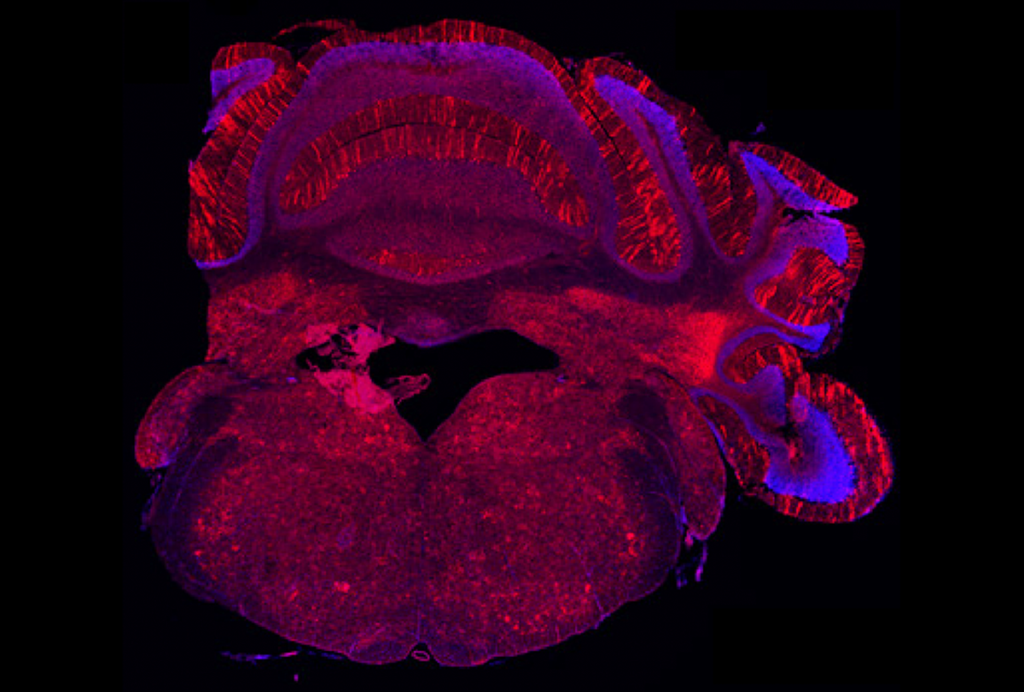
Mutation in top autism-linked gene may alter eye reflex
The discovery could help clinicians diagnose children who carry mutations in the gene, called SCN2A, and gauge their responses to potential therapies.
Some social issues in DYRK1A model mice stem from faulty inhibitory circuits
Alterations in inhibitory circuits and difficulties in social recognition characterize mice missing one copy of DYRK1A, a gene linked to autism.
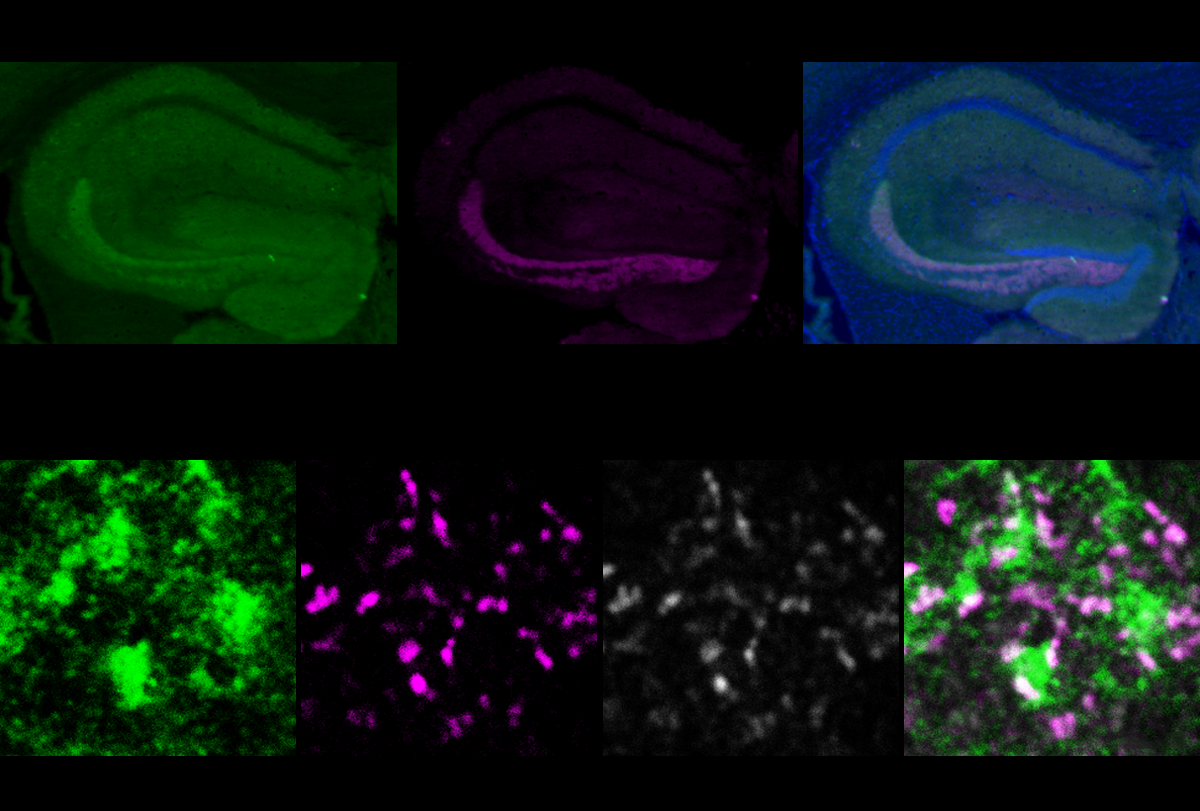
Some social issues in DYRK1A model mice stem from faulty inhibitory circuits
Alterations in inhibitory circuits and difficulties in social recognition characterize mice missing one copy of DYRK1A, a gene linked to autism.
UBE3A’s link to synaptic pruning bolstered by fly study
Increasing or reducing the levels of the UBE3A gene, which is associated with autism and autism-related syndromes, results in altered patterns of synaptic pruning — a process that snips away brain cell connections.
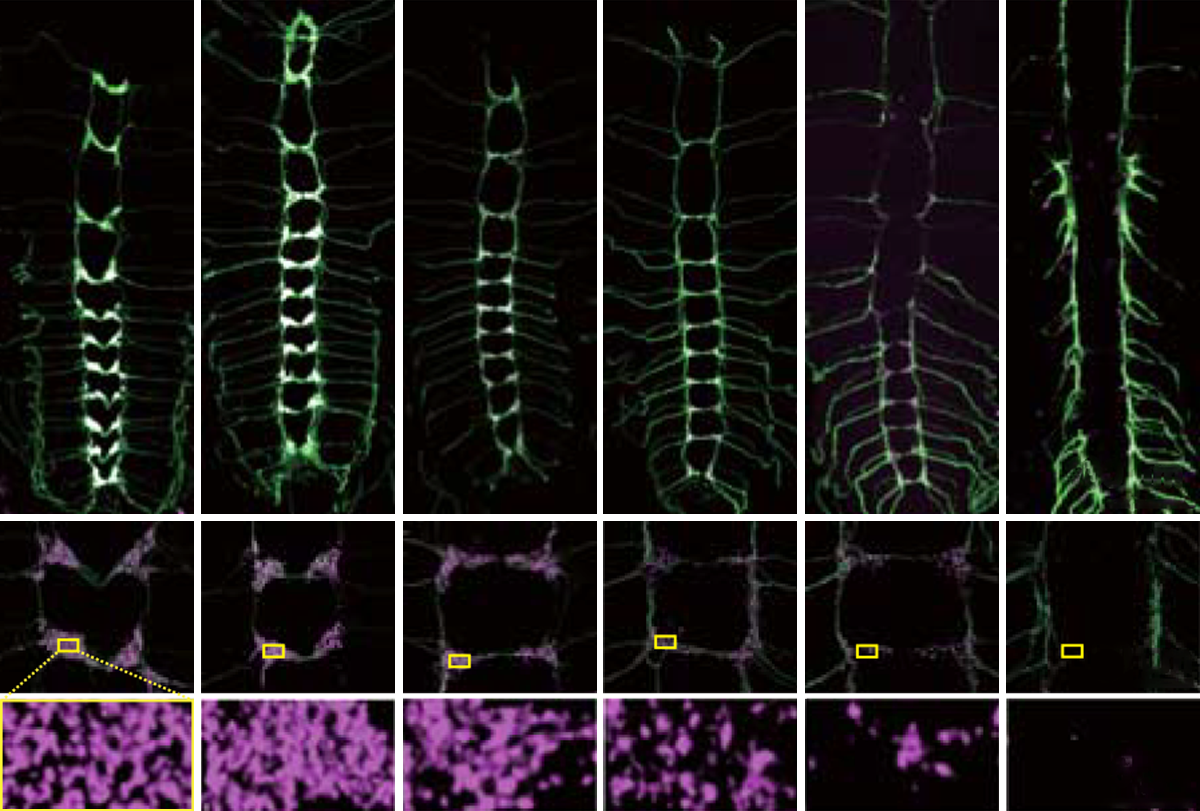
UBE3A’s link to synaptic pruning bolstered by fly study
Increasing or reducing the levels of the UBE3A gene, which is associated with autism and autism-related syndromes, results in altered patterns of synaptic pruning — a process that snips away brain cell connections.
Head size parts autism into two major subtypes
An imbalance in the number of excitatory neurons in early brain development may account for the difference.
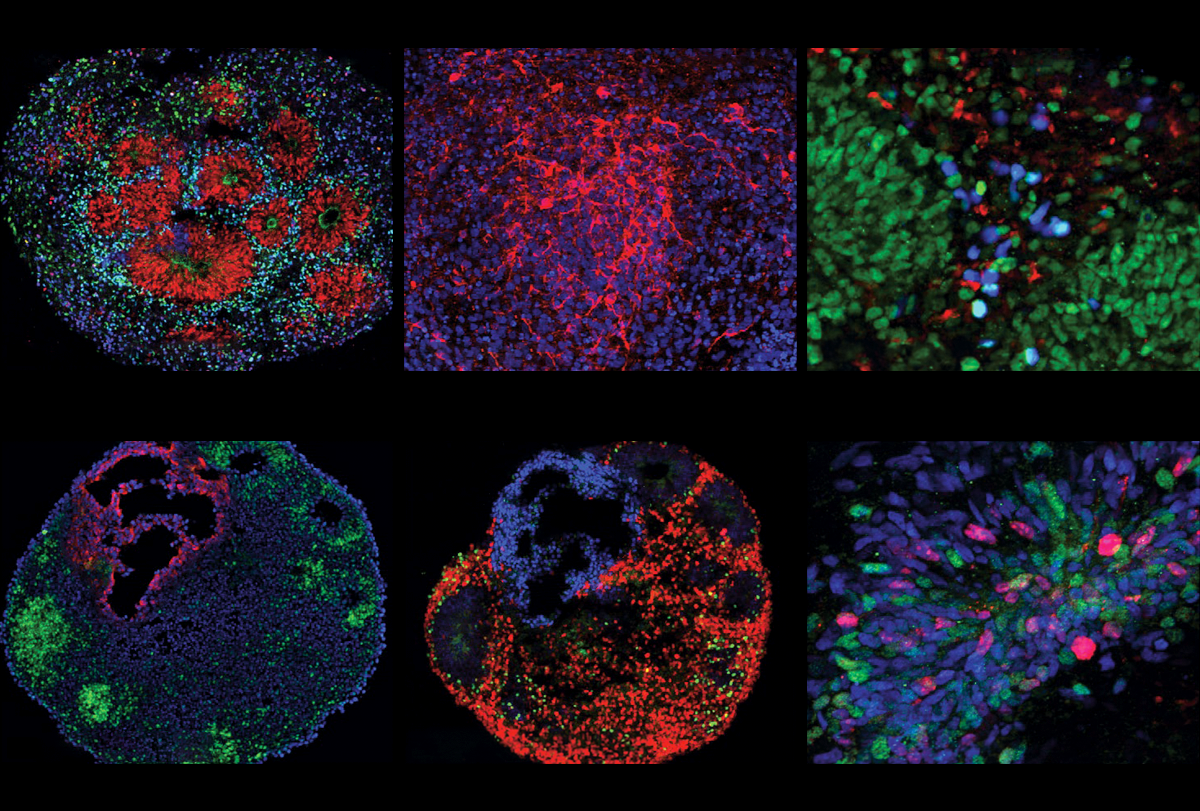
Head size parts autism into two major subtypes
An imbalance in the number of excitatory neurons in early brain development may account for the difference.
Skewed signaling in striatum may spawn repetitive behaviors
Synaptic changes in the brain region could drive a core trait of fragile X syndrome, a new mouse study suggests.
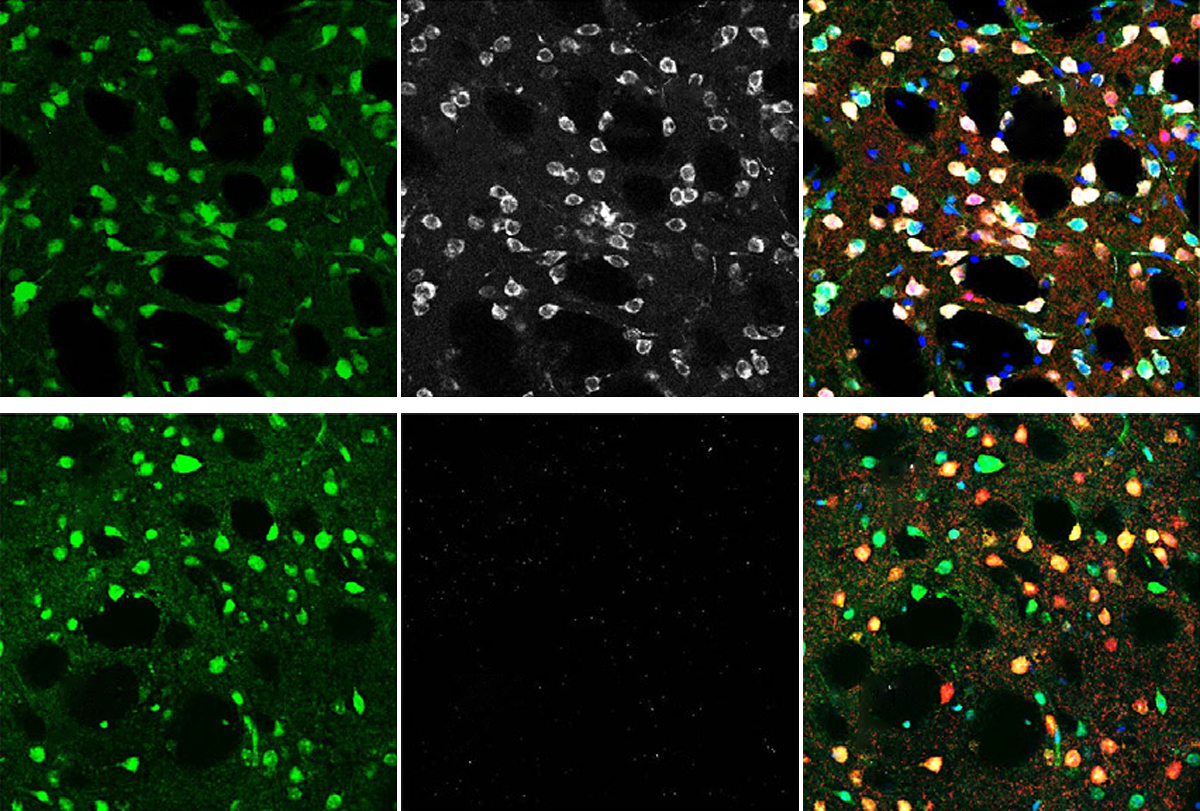
Skewed signaling in striatum may spawn repetitive behaviors
Synaptic changes in the brain region could drive a core trait of fragile X syndrome, a new mouse study suggests.
Father’s genes may drive sociability in male monkeys
The findings in rhesus macaque monkeys may provide clues to sex differences in the heredity of social behavior in people.
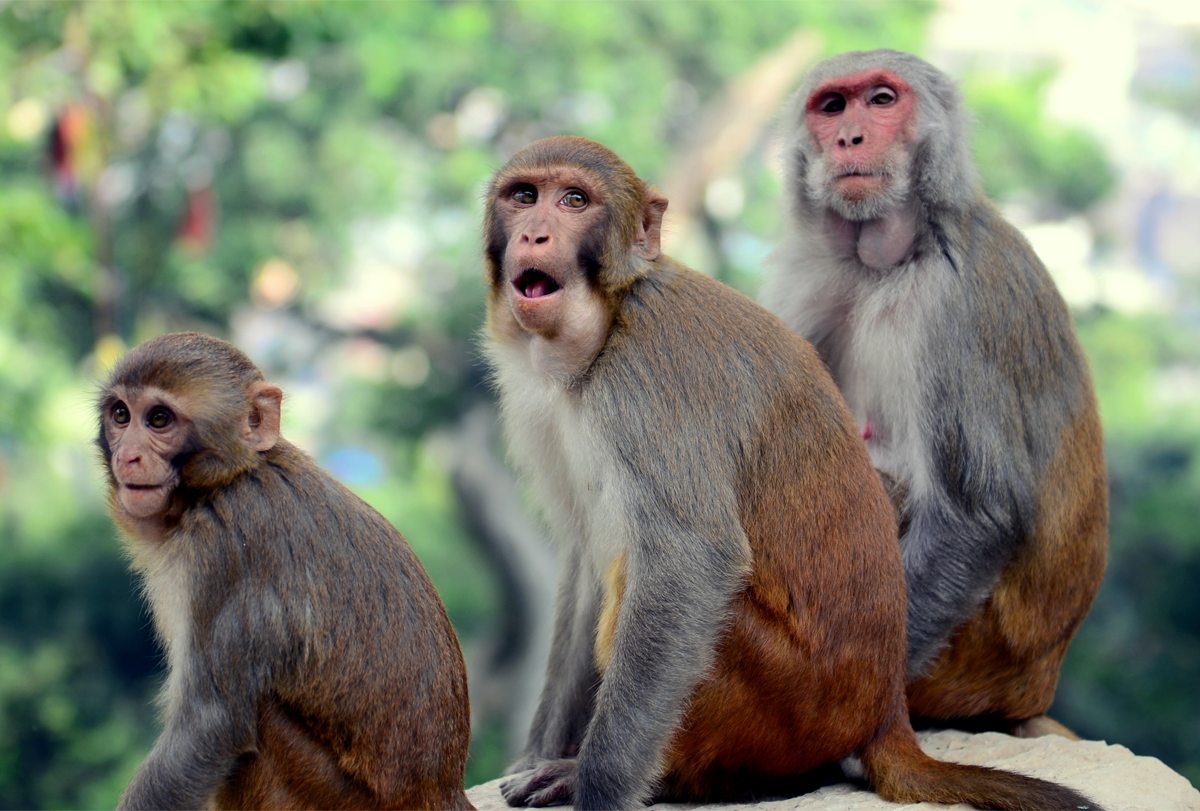
Father’s genes may drive sociability in male monkeys
The findings in rhesus macaque monkeys may provide clues to sex differences in the heredity of social behavior in people.
New test taps nose pokes as a proxy for social motivation in mice
Over one hour, a particularly motivated mouse poked its nose 350 times into a hole in the test chamber in the hopes of meeting a playmate.
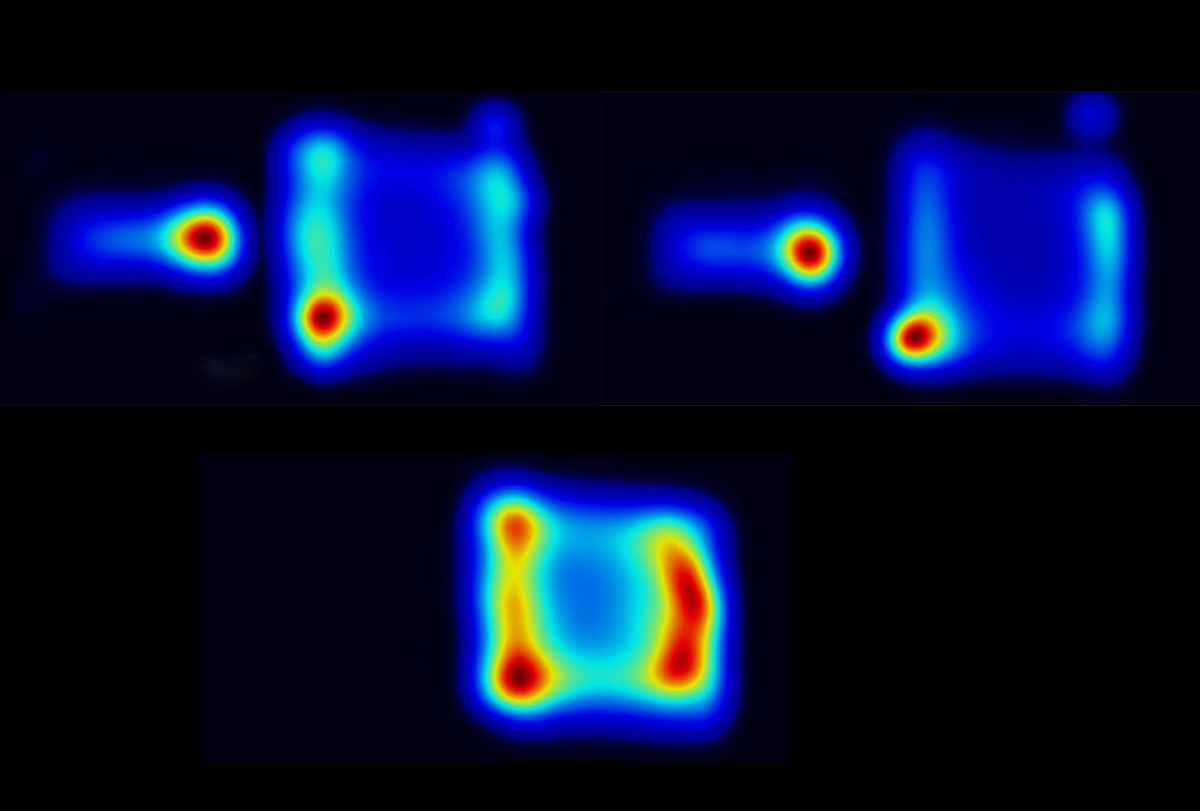
New test taps nose pokes as a proxy for social motivation in mice
Over one hour, a particularly motivated mouse poked its nose 350 times into a hole in the test chamber in the hopes of meeting a playmate.
Abundant motor proteins disrupt cries in FOXP2 mice
Knocking down the gene that codes for the proteins normalizes the vocalizations.
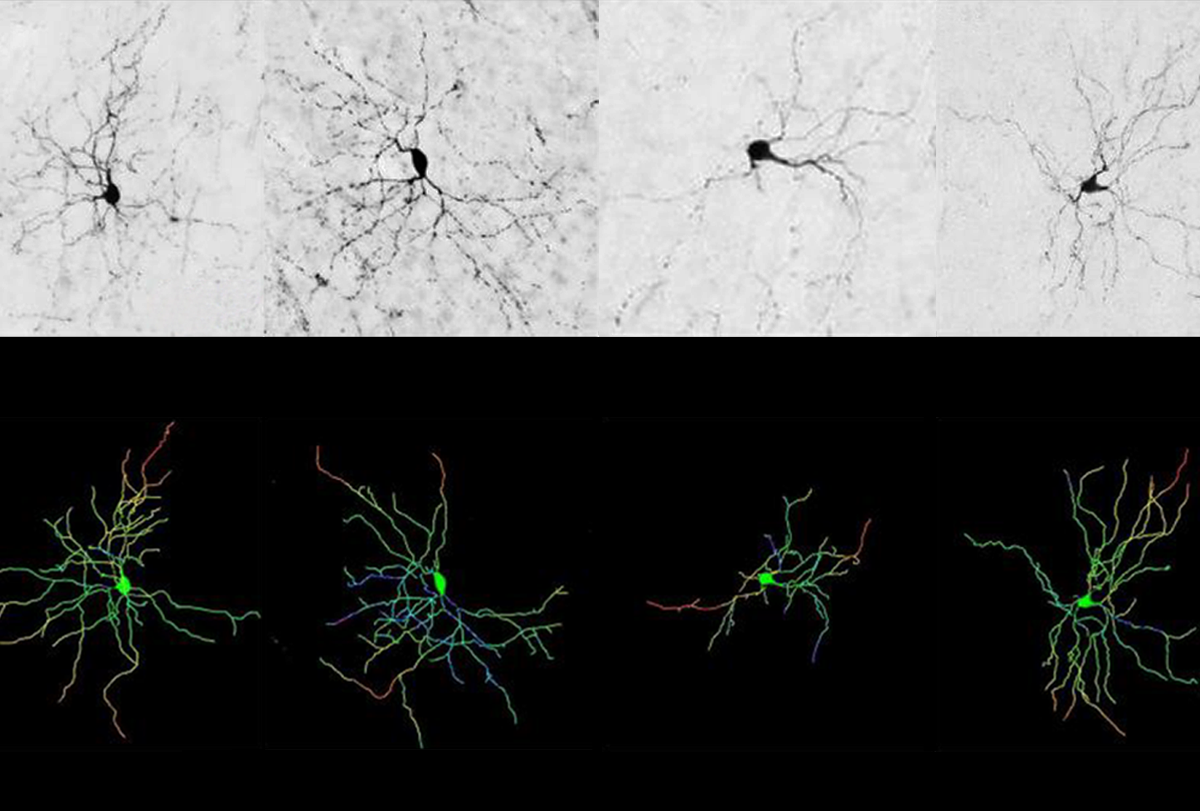
Abundant motor proteins disrupt cries in FOXP2 mice
Knocking down the gene that codes for the proteins normalizes the vocalizations.
‘Gain-of-function’ mutation spawns autism traits
The mutation increases the activity of an autism-linked protein and leads to social difficulties and other behavioral differences in mice.
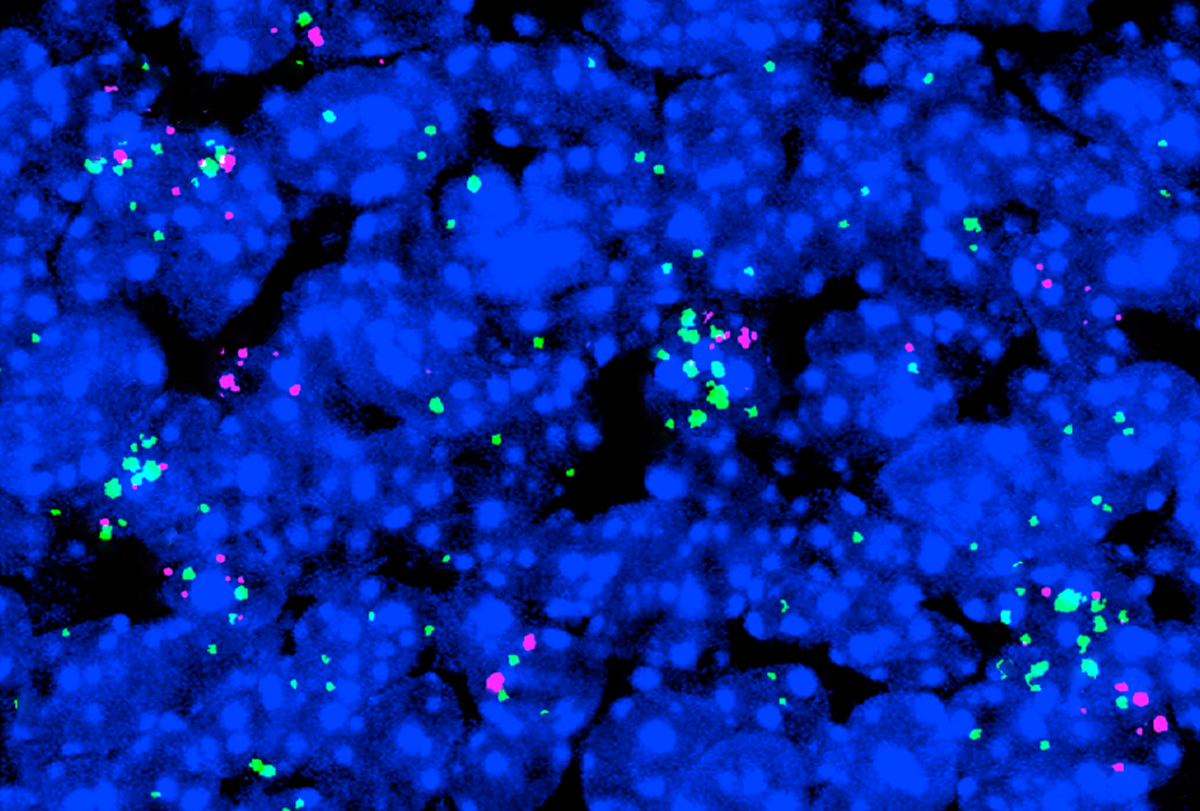
‘Gain-of-function’ mutation spawns autism traits
The mutation increases the activity of an autism-linked protein and leads to social difficulties and other behavioral differences in mice.
‘VIP’ interneurons may drive autism traits in Dravet syndrome
The inhibitory cells misfire and contribute to social difficulties in mice that model the syndrome.
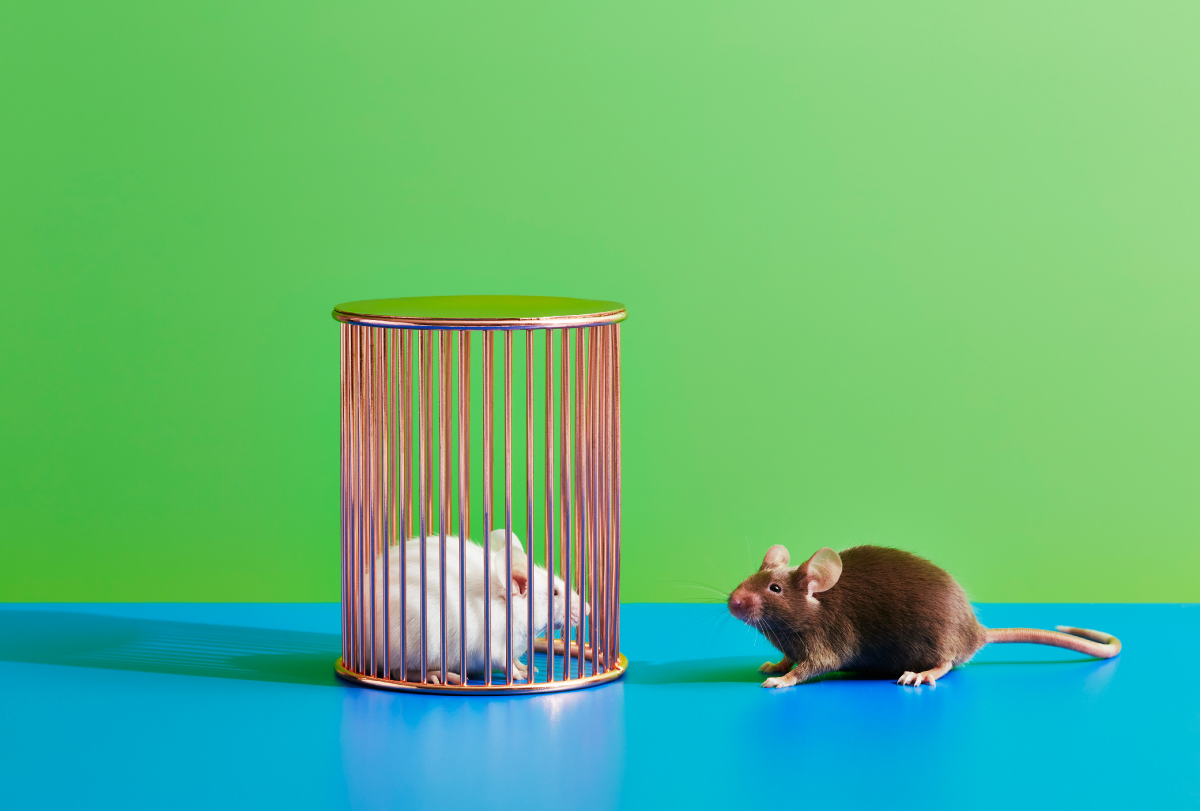
‘VIP’ interneurons may drive autism traits in Dravet syndrome
The inhibitory cells misfire and contribute to social difficulties in mice that model the syndrome.
Explore more from The Transmitter
Okur-Chung neurodevelopmental syndrome; excess CSF; autistic girls
Here is a roundup of autism-related news and research spotted around the web for the week of 21 October.
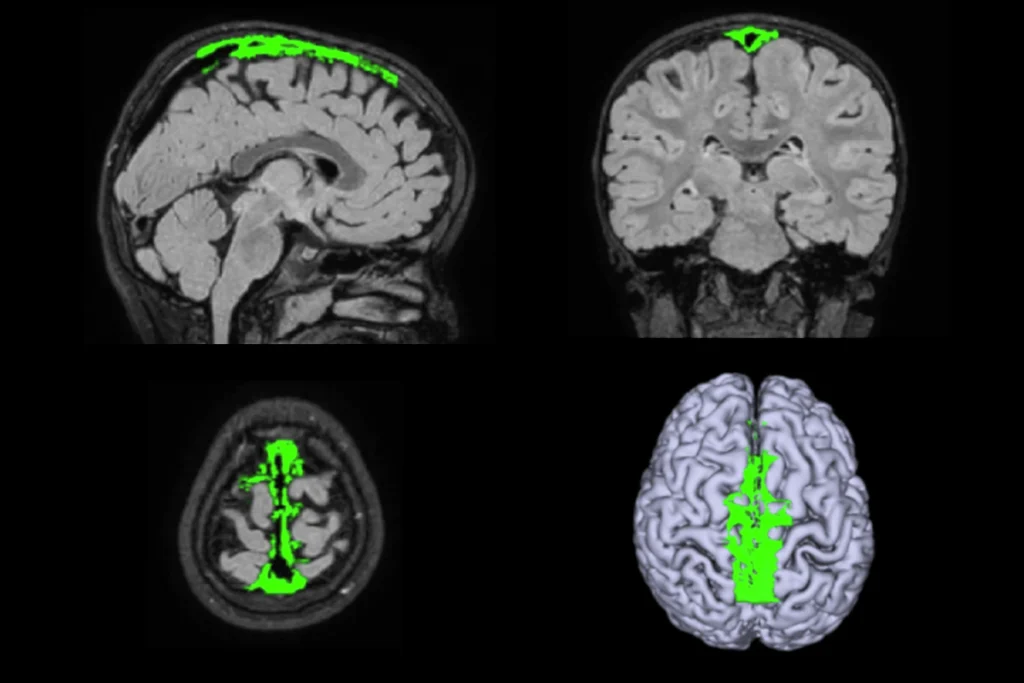
Okur-Chung neurodevelopmental syndrome; excess CSF; autistic girls
Here is a roundup of autism-related news and research spotted around the web for the week of 21 October.
Brains, biases and amyloid beta: Why the female brain deserves a closer look in Alzheimer’s research
New results suggest the disease progresses differently in women, but we need more basic science to unpack the mechanisms involved.
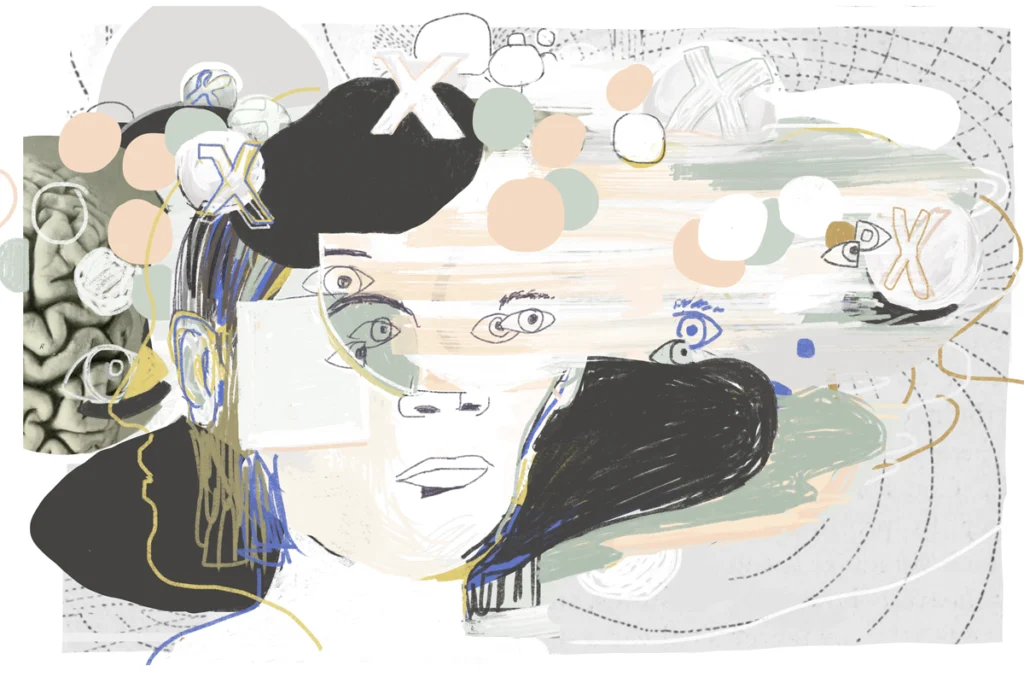
Brains, biases and amyloid beta: Why the female brain deserves a closer look in Alzheimer’s research
New results suggest the disease progresses differently in women, but we need more basic science to unpack the mechanisms involved.
Are brains and AI converging?—an excerpt from ‘ChatGPT and the Future of AI: The Deep Language Revolution’
In his new book, to be published next week, computational neuroscience pioneer Terrence Sejnowski tackles debates about AI’s capacity to mirror cognitive processes.
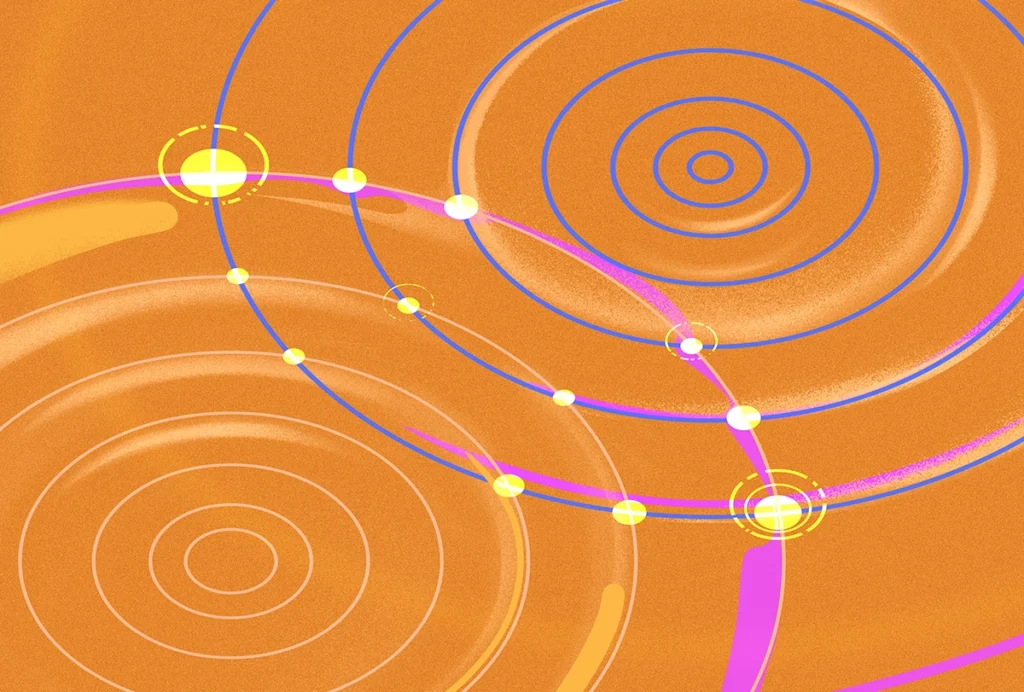
Are brains and AI converging?—an excerpt from ‘ChatGPT and the Future of AI: The Deep Language Revolution’
In his new book, to be published next week, computational neuroscience pioneer Terrence Sejnowski tackles debates about AI’s capacity to mirror cognitive processes.